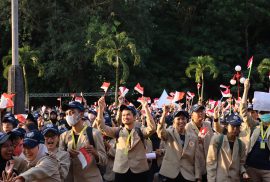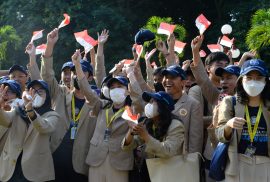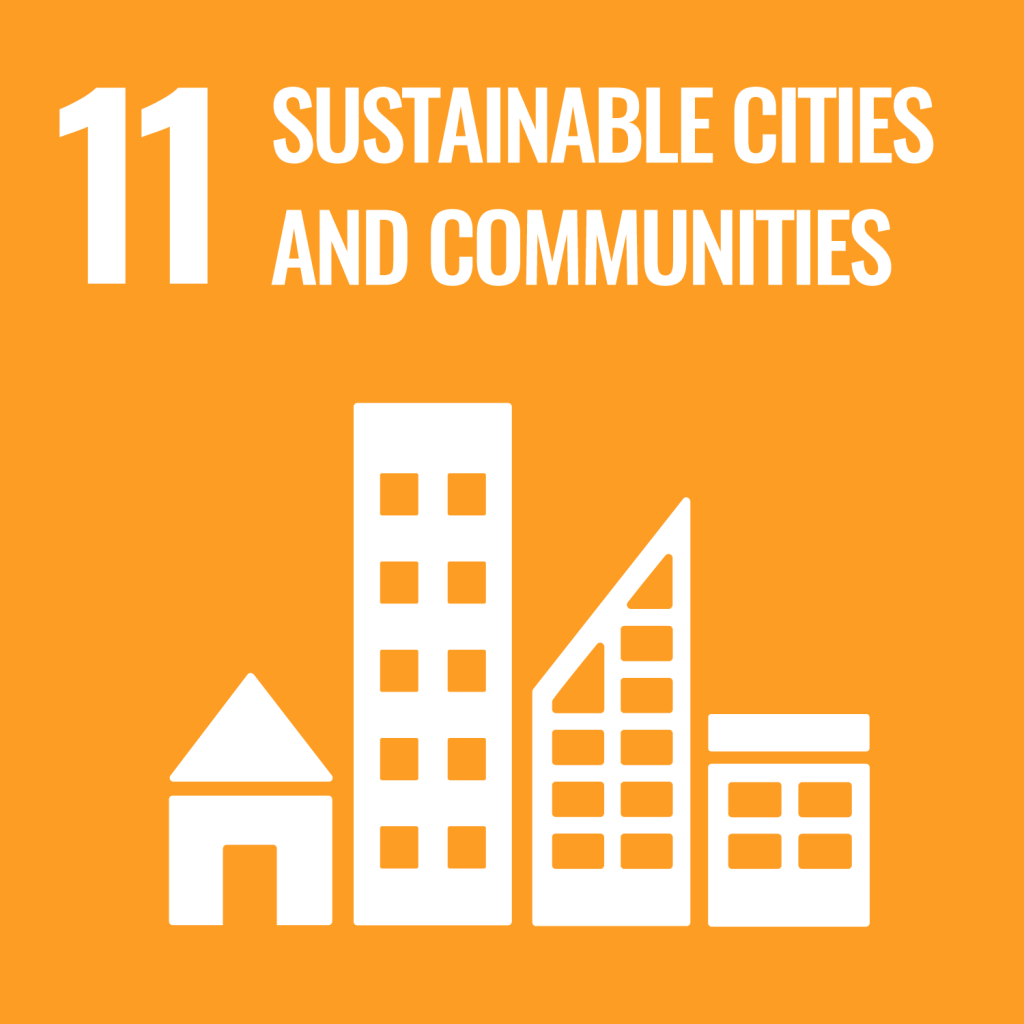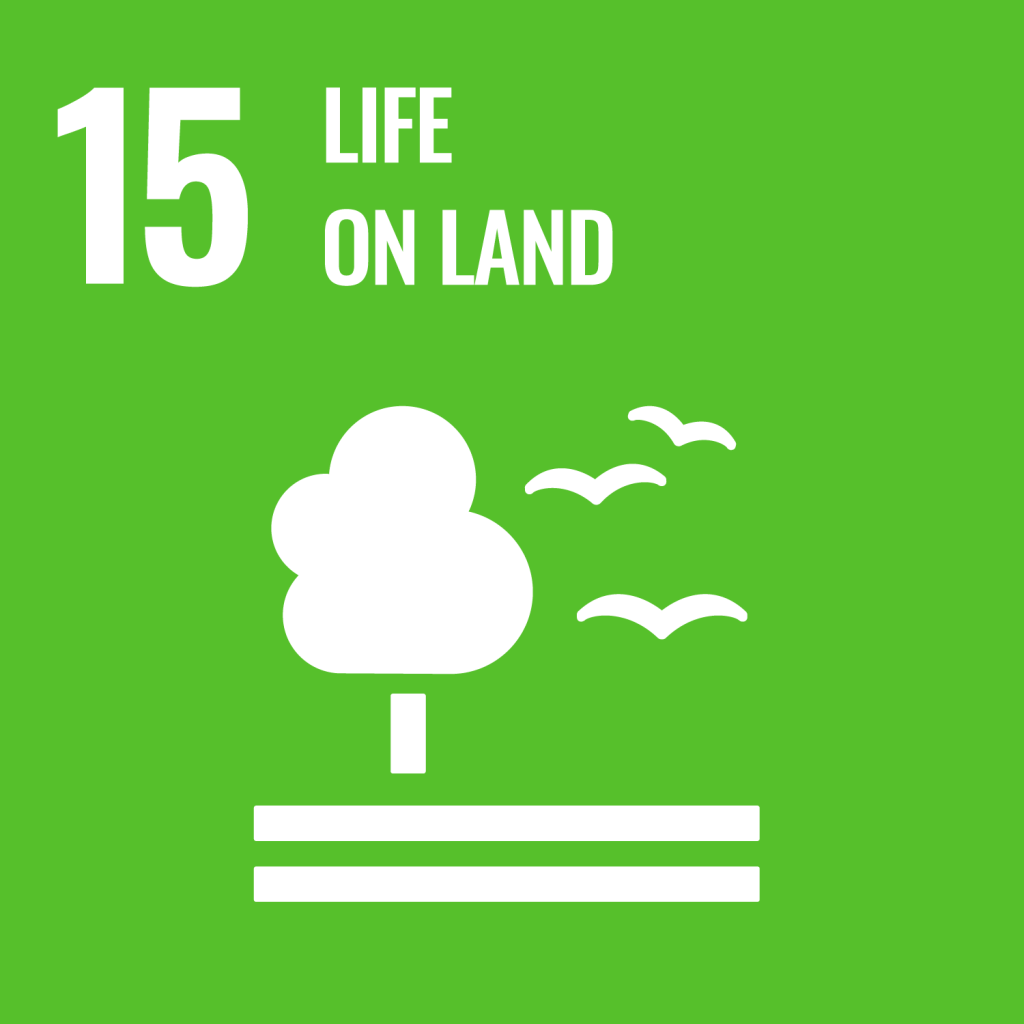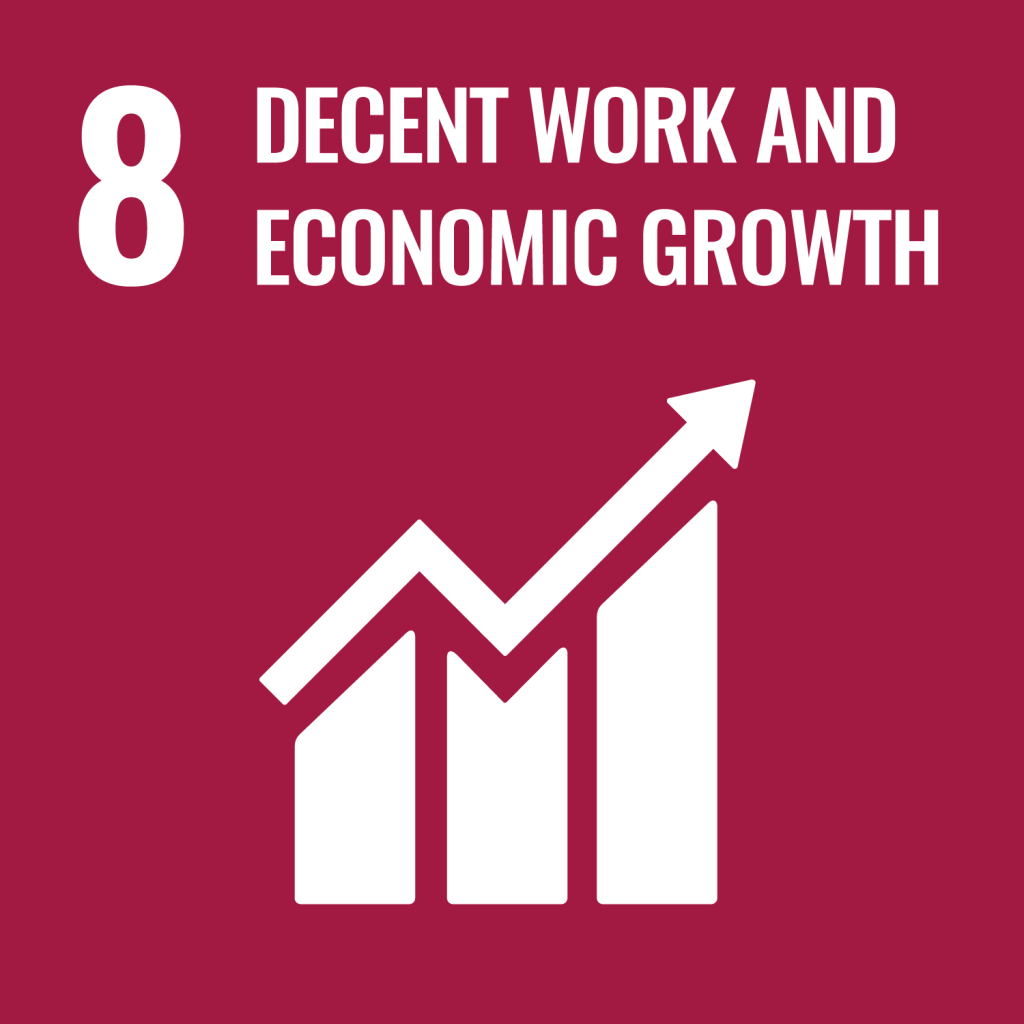The villages of Seurapong, Ulee Paya, and Teunom, nestled on the picturesque and remote Breuh Island, are a part of the Pulo Aceh District of Aceh Besar Regency, within the Aceh Province of Indonesia. This island, the westernmost part of Indonesia, is a stunning blend of hilly terrain, sandy beaches, coral reefs, and lush landscapes, making it a unique and beautiful place to live.
The inhabitants of Teunom, Seurapong, and Ulee Paya primarily engage in agriculture, animal husbandry, and fisheries, forming the backbone of their local economy. In the agricultural sector, rice stands out as the primary commodity produced for local consumption. Despite the community’s reliance on agriculture, the management and productivity of agricultural products remain suboptimal. Challenges such as limited arable land, difficult irrigation, and insufficient agricultural knowledge and skills among the residents hinder their ability to achieve self-sufficiency in food production. As a result, the villagers often find themselves dependent on sourcing vegetables from outside their immediate area to meet their daily nutritional needs.
Recognizing these challenges, a dedicated student team from the Community Service Program (KKN-PPM) Unit AC002 of Universitas Gadjah Mada (UGM) took the initiative to collaborate with the local community during the second period of KKN-PPM program in 2023. Their mission was to empower the residents by enhancing their agricultural skills and introducing sustainable practices that could improve their quality of life.
One of the key initiatives undertaken by Unit AC002 was the introduction of aquaponic systems. This innovative approach aimed to maximize the use of limited land by combining cultivating vegetables, such as water spinach, with raising catfish in a symbiotic environment. The aquaponic systems provided a sustainable solution to the problem of limited agricultural land while also offering a reliable source of nutritious food for the community. This also supports sustainable development goals, especially goal 15: Life on Land, since aquaponics does not rely on soil, eliminating soil depletion and maintaining the integrity of terrestrial ecosystems. Also, it supports sustainable agriculture as it combines fish farming (aquaculture) and plant cultivation (hydroponics) in a closed-loop system. This maximizes resource use efficiency, utilizing less water and land compared to traditional farming. Aquaponics contributes to the sustainable management and efficient use of natural resources, aligns with the goals of reducing land degradation, promotes biodiversity, and supports sustainable agricultural practices.
In addition to addressing agricultural challenges, Unit AC002 also focused on improving the community’s access to clean water. They assisted in creating water purifiers, which played a crucial role in maintaining and ensuring a consistent supply of clean water for daily use. Access to clean water is fundamental for the residents’ health and well-being. Thus, the UGM KKN-PPM student team’s efforts were instrumental in supporting the community’s needs. It also supports SDG Goal 6: Clean Water and Sanitation, which aims to ensure the availability and sustainable management of water and sanitation for all. Creating and maintaining water purifiers can be a community-driven initiative, involving local participation in the development, implementation, and maintenance of water purification systems. This enhances community ownership and ensures the sustainability of clean water access.
The collaboration between the UGM KKN-PPM students and the villagers of Breuh Island exemplifies the power of knowledge sharing and community engagement. By working together, they addressed immediate challenges and laid the foundation for a more sustainable and self-reliant future for the residents of Seurapong, Ulee Paya, and Teunom. This partnership highlights the importance of education, innovation, and community support in driving positive change in remote and underserved areas.

